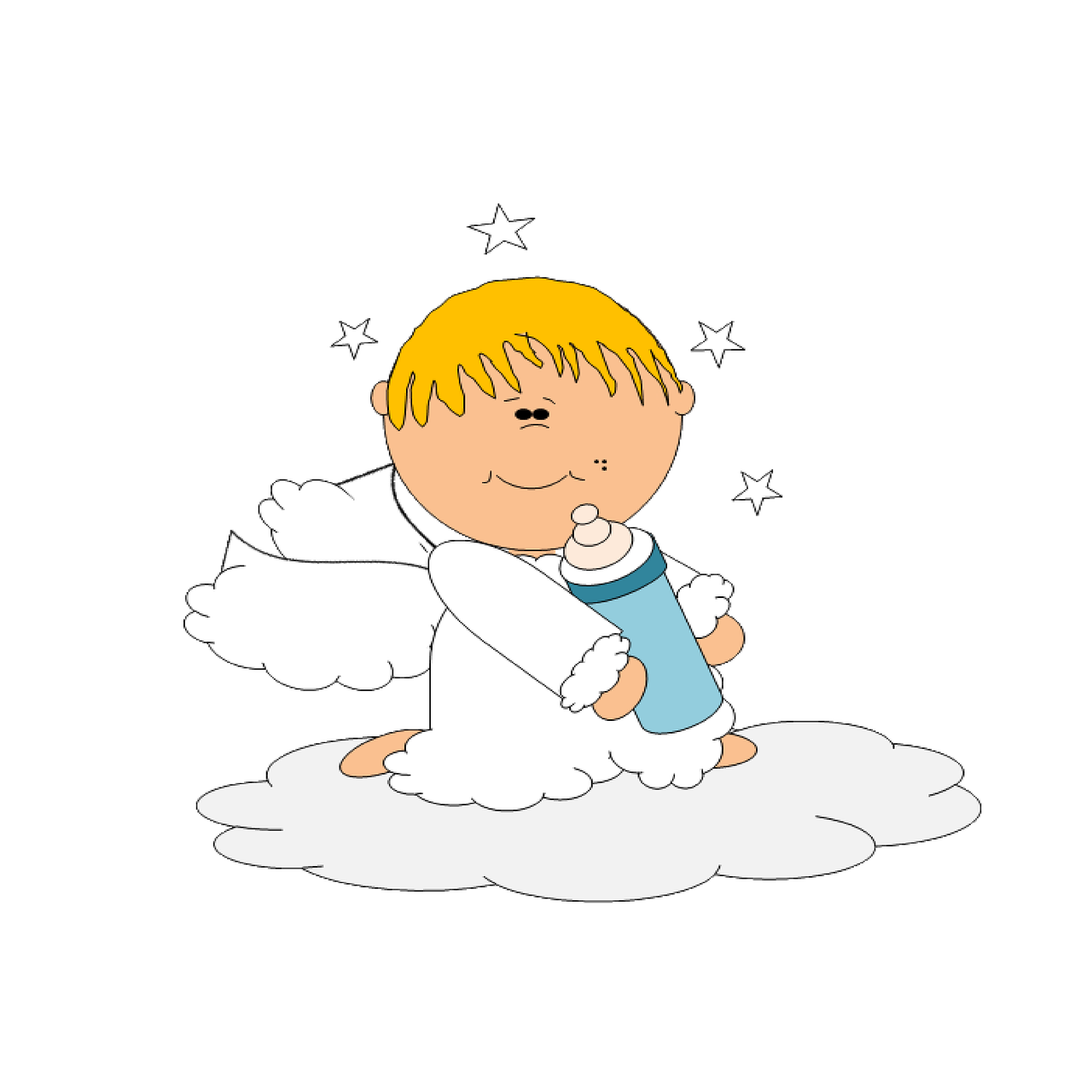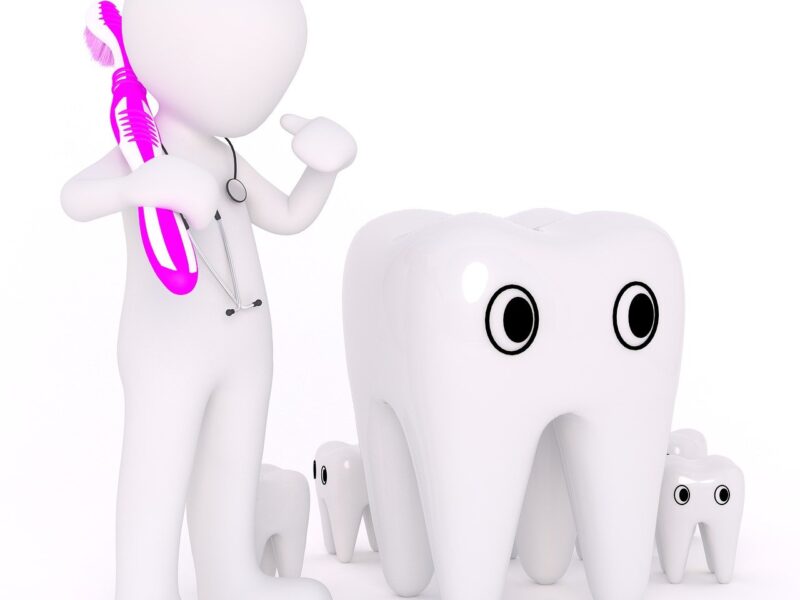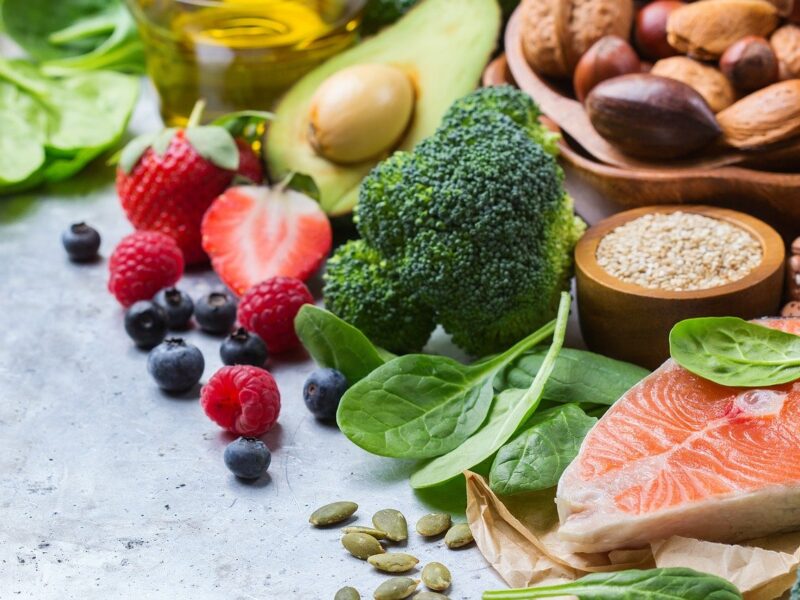Baby Teeth Cavity/Nursing bottle caries/ Early Childhood Caries/ Baby Bottle tooth Decay/ Milk bottle Syndrome is dental decay in infants and toddlers with a distinct and easily recognizable pattern affecting specific teeth that is most commonly caused by frequent and prolonged exposure of baby’s teeth to drinks containing sugar (milk formula, juices, honey, pacifiers with sweetened jams and jellies).
How Baby Teeth Cavity/ Nursing Bottle/ Early Childhood Caries/ Baby Bottle tooth Decay/ Milk bottle Syndrome Happens ?
During sleep, salivary flow is reduced in baby’s mouth and swallowing action is also absent. Hence milk/ any other drink taken during sleeping cannot be eliminated from mouth and it pools around tooth surface providing good environment for caries and decay causing microbes to multiply and cause dental decay.
The speed of this process is so fast sometimes that parents think that baby has decayed teeth since eruption itself.
Cause of Baby Teeth Cavity/ Nursing Bottle/ Early Childhood Caries/ Baby Bottle tooth Decay/ Milk bottle Syndrome
- Most common cause is bottle feeding beyond baby’s weaning age especially during night.
- On demand breast feeding especially at time other than normal feedings and throughout evening often develop early multiple teeth decay.
- Excessive use of pacifiers with sweetners.
Breast fed babies are at equal risk of developing Early Childhood Caries as Bottle fed Babies. It is related to extended and repetitive feeding times with prolonged exposure of erupted teeth to fermentable carbohydrates without proper hygiene measures.
Teeth effected by Baby Teeth Cavity /Nursing Bottle/ Early Childhood Caries/ Baby Bottle tooth Decay/ Milk bottle Syndrome
Teeth are attacked by microbes according to the eruption pattern. Upper front teeth are the first to get affected. Lower front teeth are spared because they are protected by mechanical cleansing action of tongue.
It has also been observed that if a child sleeps on one side, the teeth of that side are affected.
Stages of Baby Teeth Cavity /Nursing Bottle/ Early Childhood Caries/ Baby Bottle tooth Decay/ Milk bottle Syndrome
- Reversible stageTeeth looks chalky. No complains of pain
- Carious / damaged stageTeeth become discoloured and baby may feel pain on having extremely cold food like ice-creams.
- Deep LesionComplaints of pain while biting or during taking hot and cold drinks are common.
- Traumatic stageFracture of one or more decayed teeth is seen frequent. Sometimes only root stumps remain.
Prevention of Baby Teeth Cavity /Nursing Bottle/ Early Childhood Caries/ Baby Bottle tooth Decay/ Milk bottle Syndrome
- Babies should not be put to sleep with a bottle.
- Encourage baby to have drinks from cup as they approach their first birthday. This should not be forced rather slowly slowly try to wean the bottle feeding.
- Consumption of juices from bottle should be avoided. Parents should introduce juices and other drinks to baby in a cup or sipper.
- By the time first milk tooth erupts oral hygiene measures should be implemented. Children copy parents. If they watch you brushing and rinsing they will also ask the same and copy. Develop this habit under supervision.
- Always clean mouth of baby after every feed.
- An oral consultation and dental health consultation visit within 6 months of eruption of first tooth is recommended to educate and guide parents for prevention of dental disease.
Treatment of Baby Teeth Cavity /Nursing Bottle/ Early Childhood Caries/ Baby Bottle tooth Decay/ Milk bottle Syndrome
Most of the people think that baby teeth cavity are not a matter of concern because they are milk teeth and they will shed off. But this is not true. Milk teeth act as guidance factors for new permanent teeth. Any deformity to baby teeth/ milk teeth may lead to problematic new permanent teeth. Infection from milk teeth may be transferred to new teeth and early shedding of milk teeth may cause delayed eruption and malallignment of permanent teeth.
Any decayed tooth in mouth acts as nesting area for microbes and helps in spread of infection. Therefore it is better to get proper treatment for baby teeth/ early childhood caries.
Treatment of Baby teeth caries/ early childhood caries/ nursing bottle caries can be divided into:
- Discontinuation of habit
Feeding with cup or spoon should be encouraged. Abrupt cessation of habit is not advisable. Feeding at night should be strictly avoided. Clearance of milk can be aided by intake of water after the feed.
- Dietary modificationsGradual reduction of additional sugar must be done. Depending on baby’s age and chewing capacity natural food like fruits should be given to the child. Try to avoid junk food. Develop healthy eating habits in babies. Try out homemade snacks and meals with variety of fruits and vegetables that are easily digestible and nutritious also.
- Restorative proceduresIn cases of advanced cavities go for filling of cavities or pulpal treatment according to the requirement. Initial stages of baby teeth cavities can be treated with local flouride application and fillings only. Extraction of teeth is never to be encouraged.
- Dental Health EducationExpectant mothers and mothers should be taught to take care of baby’s mouth and teeth. Daily tooth cleaning twice a day prevents Baby teeth/ Early Childhood Caries. Tooth cleaning with wet, sterile gauge between the finger with small quantity of toothpaste may help clearing microbial colony build up. Parents can playfully encourage babies to rinse mouth and brush teeth. Once the habit develops remains for lifelong.


